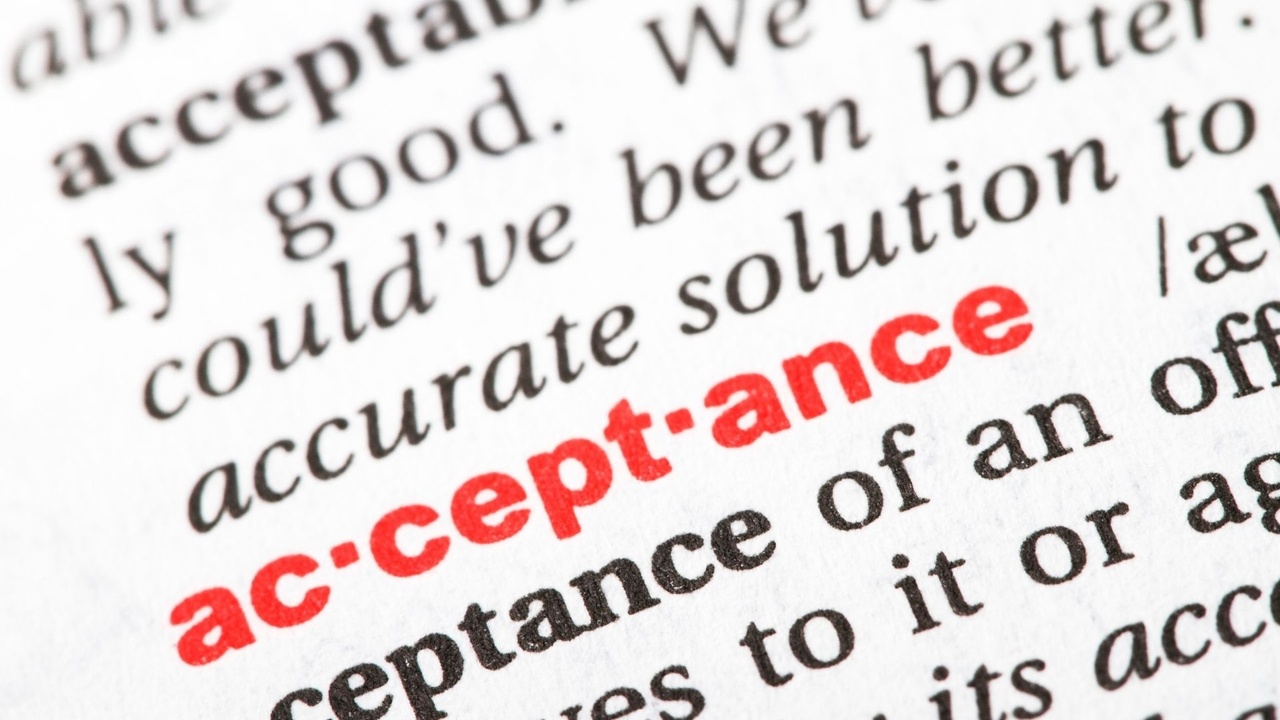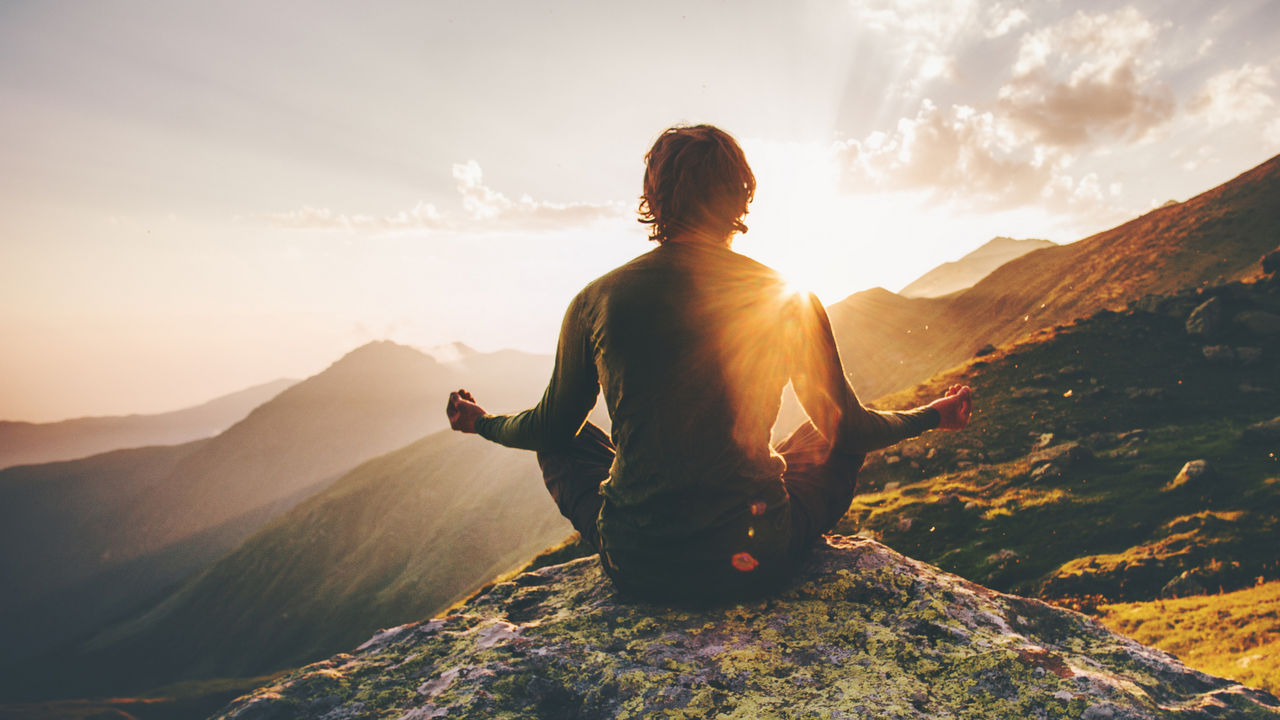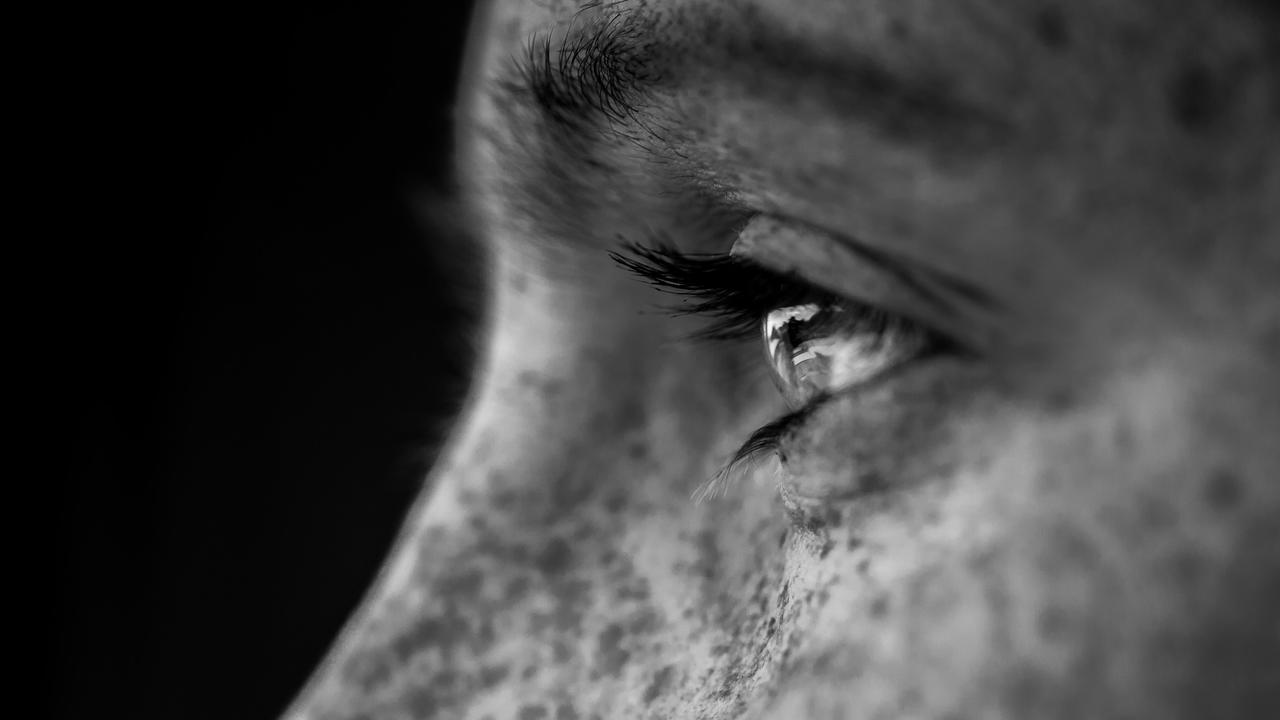A Mindful and Holistic Approach to Athlete Recovery

If you have not tuned in to my 3 Part Blog series on the connection between Mental health and Recovery please do so! Why Failing to Prioritize Recovery is Impacting Your Mental Health is a detailed look at how recovery and the mental health of an athlete are intimately linked. This will also help you understand the type of nervous system shift we are looking for and explain what the Parasympathetic (Ventral Vagal) Nervous System State is (Referred to as PNS in this Blog).
If you have not downloaded my Free EBOOK: The Athletes Holistic Guide to Recovery, this can be a great place to start!
I am a full advocate of explaining the “why” behind things before giving an athlete or coach solutions or answers. I find that the “WHY” is often what empowers an athlete to step into taking care of themselves more efficiently.
The recovery process will be unique and individual for every single athlete. When working with an athlete or a team I find it best and most beneficial to give options ...
Why Failing to Prioritize Recovery is Impacting Your Mental Health: Part Three

If you haven't tuned in to Part One and Part Two of this Series I recommend starting there.
Part One: The role of the Nervous System in both Mental Health and recovery
Part Two: The link between Recovery and Mental Health
But the impact of failing to prioritize recovery will also be a foundational piece of how an athlete performs.
Impact on Performance
For those of you who have gotten this far, THANK YOU. But alas, we have one more element to also consider.
Performance.
Although I believe that there is NOTHING more important than the overall well being of an athlete, I also know that sport is competitive. Although we are moving in the right direction with mental health in sport there are still MANY athletes and coaches who prioritize performance and winning over overall health.
Performance is a critical piece to sport. But mental health is the foundation for performance.
Many athletes come to sport with goals and aspirations. The majority of athletes I work with w...
Practice Self Compassion

“The motivation of self compassion arises from love, while the motivation of self criticism arises from fear. Love is more powerful than fear.”
-Krisin Neff
Self Compassion is hard and it is very counterintuitive to how we typically operate as humans. Simply put, we’re a negative species. We have a negativity bias that serves us well up until a point. Oftentimes what happens when we face rejection or failure our self criticism kicks in. It can be quite addictive and spark a spiral of very critical self talk and rumination. If we failed it means we did something wrong so let’s beat ourselves up so that we can be better next time. If we get rejected, let’s critique ourselves as to WHY we weren’t enough.
Been there. Done that. It doesn’t work. In fact it makes things infinitely worse.
Especially in sport, there is definitely an attitude that if we fail we need to get back to the drawing board so we can figure out how to NOT fail again. Many people believe that being self critical ...
Drop the Judgment.

Here is a common human experience: We have a feeling or emotion. We don’t like it or judge ourselves for said feeling or emotion.
I can’t tell you how many times I have gone through failure and rejection and then beat myself up because I am taking it so hard.
Running dialogue:
“I shouldn’t be this sad”
“It’s not that big of a deal”
“I should be over this”
“It shouldn’t bother me”
“I should be more positive”
Anybody been there? We place so much judgment on how we think and feel. We are a judging species and although we will never NOT judge we can help ourselves out.
In his book “Wherever You Go There You Are,” Jon Kabat-Zinn describes what it might be like to not judge. “Imagine how it might feel to suspend all your judging and instead to let each moment be just as it is, without attempting to evaluate it as “good” or “bad”. This would be a true sillness, a true liberation” (page 55-56). This is what Mindfulness is all about and what we mainly try to accomplish in a mor...
Accept What Is. Notice Resistance.

“The attempt to escape from pain, is what creates more pain.”
Gabor Mate
Accept vs Resist.
Let’s start with Resistance to our experience.
As Kristin Neff and Christopher Germer explain in their book The Mindful Self Compassion Workbook (2018) “what we resist, persists.”
What does it mean to resist our experience? We run from our emotions. We don’t like our experience. We deny our experience. We avoid, numb and block out what we actually feel. For me, resistance can look like trying to “rationally” or “logically” explain my way out of a feeling. Oftentimes I find myself adding more things than I can count to my schedule and running on “go go go” mode so that I don’t have TIME to stop and feel. I find myself avoiding being alone because when I am alone that means I actually have to be with myself and my feelings. I get irritated, I’m on edge and I find myself getting frustrated with simply having emotion. It’s all resisting.
We resist because feeling is hard. It is incr...
Self Reflection Practice

What are some of my own Mindfulness practices?
Over the last few weeks I have done several podcasts and workshops with various groups and this question keeps coming up. At times I hesitate to share because I believe that much of Mindfulness, Meditation, Breath Work and Yoga are about finding what feels authentic and genuine to YOU. What works for me is not going to work or feel good to the next person. Sometimes when we share routines or habits this can breed comparison and feelings of unworthiness. People sitting in the audience don’t have the capacity or time to carry out your specific routine and so they walk away just feeling defeated.
I don’t want that.
I am a FULL advocate of finding practices that work FOR YOU and WITH the phase of life that you are in. I guarantee that when I am married and have kids running around, my Mindfulness practice will look monumentally different.
However one thing that I am a firm believer in is the practice of Self Reflection.
Self reflecti...
Meditation. Where to Begin.

Meditation.
Where to even begin!
There are many ways to meditate and many different kinds of meditation. Deciphering where to start with a meditation practice can be difficult.
I am a huge fan of keeping things simple when you are just getting started with a meditation practice.
When I start working with athletes I encourage them to use what is called a Concentration meditation. This type of meditation helps us “train” our attention and focus. When we are practicing a Concentration meditation we use an anchor, such as the feeling of the body or the feeling of the breath. This anchor is the focal point for our attention. The goal here is to notice when we get distracted and then simply return back to our anchor.
I also encourage my athletes (or anyone who is just getting started with meditation) to start small. Try a Concentration meditation practice for 2-3 minutes. In many ways training the brain is just like training other parts of our body. When we start lifting or streng...
Why Mindfulness for an Athlete?

{As seen on and written for https://soccergrlprobs.com }
As I continue to navigate through my line of work and teaching Elite Athletes about Mindfulness, Meditation and Yoga, I do my best to take the time to explain WHY these practices are so important.
My response usually starts with a quote:
“Between stimulus and response there is a space.
In that space is our power to choose our response.
In our response lies our growth and our freedom.”
– Viktor Frankl
I found this quote about 2 months after being released from inpatient psychiatric care. At that point, I had spent almost a full year living panic attack to panic attack. I couldn’t work. I couldn’t leave my house most days. I was at a complete loss for how I was supposed to continue to live my life. When I eventually landed in inpatient care I felt like I had truly hit my rock bottom. I weathered that storm and when I made it out alive I made a promise to myself:
I would never let myself go back to that place ment...
In a Time With So Much Uncertainty, Why Can’t Coaches and Athletes Afford to Skip Out On Taking Care of Their Minds?

We’re coming up on 7 months of this new normal. Since the cancellation of collegiate spring sports and various "Bubble" scenarios for pro leagues the Athletic Community is very much still navigating this new normal.
We have already seen collegiate sports cut, budgets deflated and resources going towards a LOT of testing. Athletic staff's have restructured weight rooms and worked tirelessly to make sure that facilities are set up to maintain standards and protocols that put student athlete safety first. As if there were not already a plethora of demands placed on college athletes, having to maneuver through a season and the normal day to day among the COVID crisis is definitely an added task.
There’s a lot to navigate here.
Take COVID away and regular student athlete life is challenging enough. Time to simply get everything done academically, athletically, and socially is strained. There’s the added piece of performance, which, arguably, student athletes sign up for. B...

